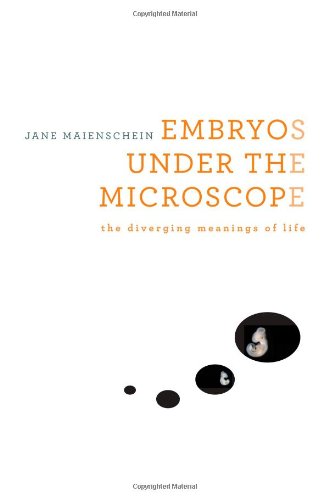

Most ebook files are in PDF format, so you can easily read them using various software such as Foxit Reader or directly on the Google Chrome browser.
Some ebook files are released by publishers in other formats such as .awz, .mobi, .epub, .fb2, etc. You may need to install specific software to read these formats on mobile/PC, such as Calibre.
Please read the tutorial at this link. https://ebooknice.com/page/post?id=faq
We offer FREE conversion to the popular formats you request; however, this may take some time. Therefore, right after payment, please email us, and we will try to provide the service as quickly as possible.
For some exceptional file formats or broken links (if any), please refrain from opening any disputes. Instead, email us first, and we will try to assist within a maximum of 6 hours.
EbookNice Team

Status:
Available4.4
18 reviewsMain subject categories: • Embryology, Human — Popular works • Human embryo — Popular works • Developmental biology — Popular works
Too tiny to see with the naked eye, the human embryo was just a hypothesis until the microscope made observation of embryonic development possible. This changed forever our view of the minuscule cluster of cells that looms large in questions about the meaning of life. Embryos under the Microscope examines how our scientific understanding of the embryo has evolved from the earliest speculations of natural philosophers to today's biological engineering, with its many prospects for life-enhancing therapies. Jane Maienschein shows that research on embryos has always revealed possibilities that appear promising to some but deeply frightening to others, and she makes a persuasive case that public understanding must be informed by up-to-date scientific findings.
Direct observation of embryos greatly expanded knowledge but also led to disagreements over what investigators were seeing. Biologists confirmed that embryos are living organisms undergoing rapid change and are not in any sense functioning persons. They do not feel pain or have any capacity to think until very late stages of fetal development. New information about DNA led to discoveries about embryonic regulation of genetic inheritance, as well as evolutionary relationships among species. Scientists have learned how to manipulate embryos in the lab, taking them apart, reconstructing them, and even synthesizing--practically from scratch--cells, body parts, and maybe someday entire embryos. Showing how we have learned what we now know about the biology of embryos, Maienschein changes our view of what it means to be alive.